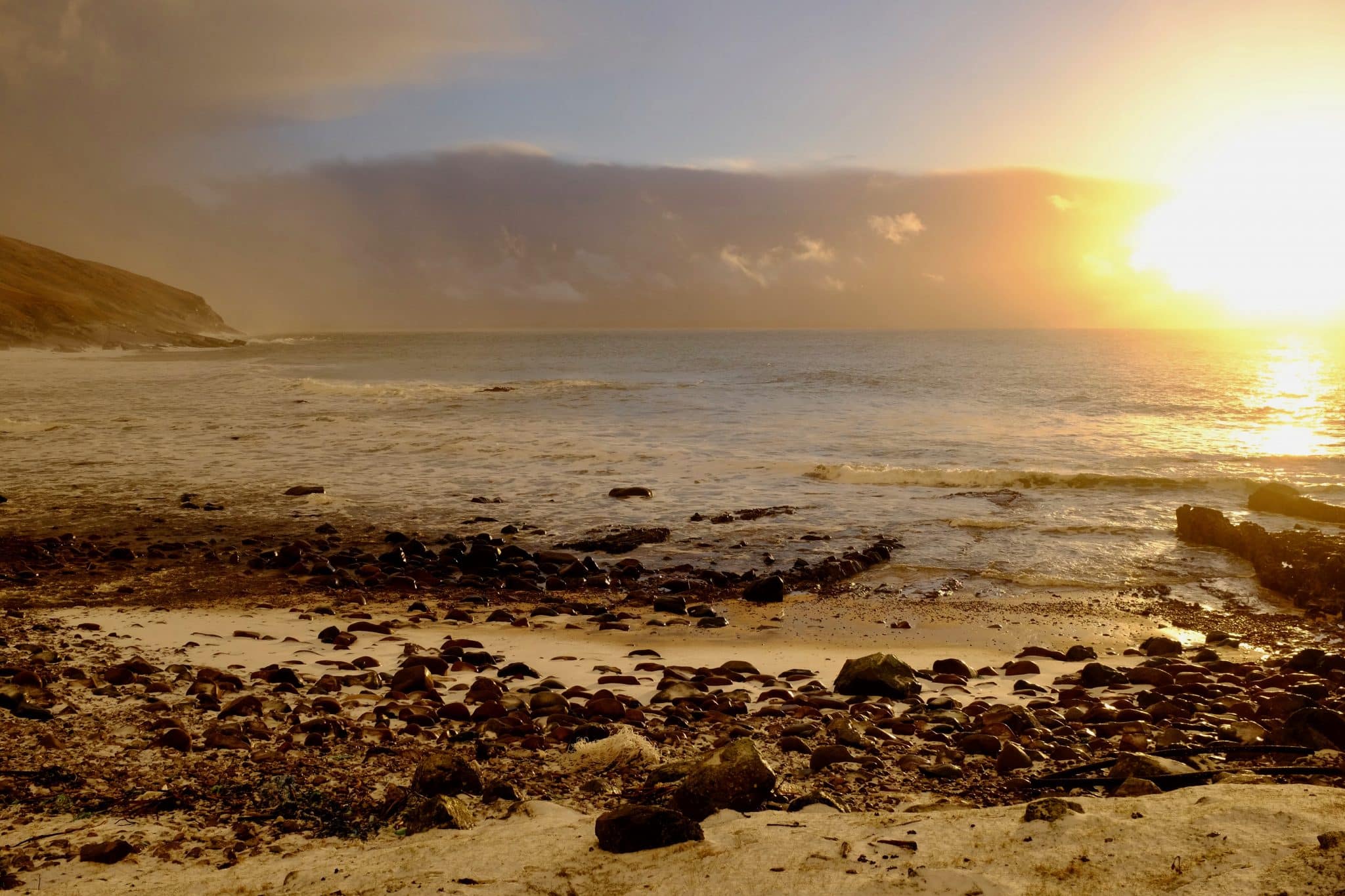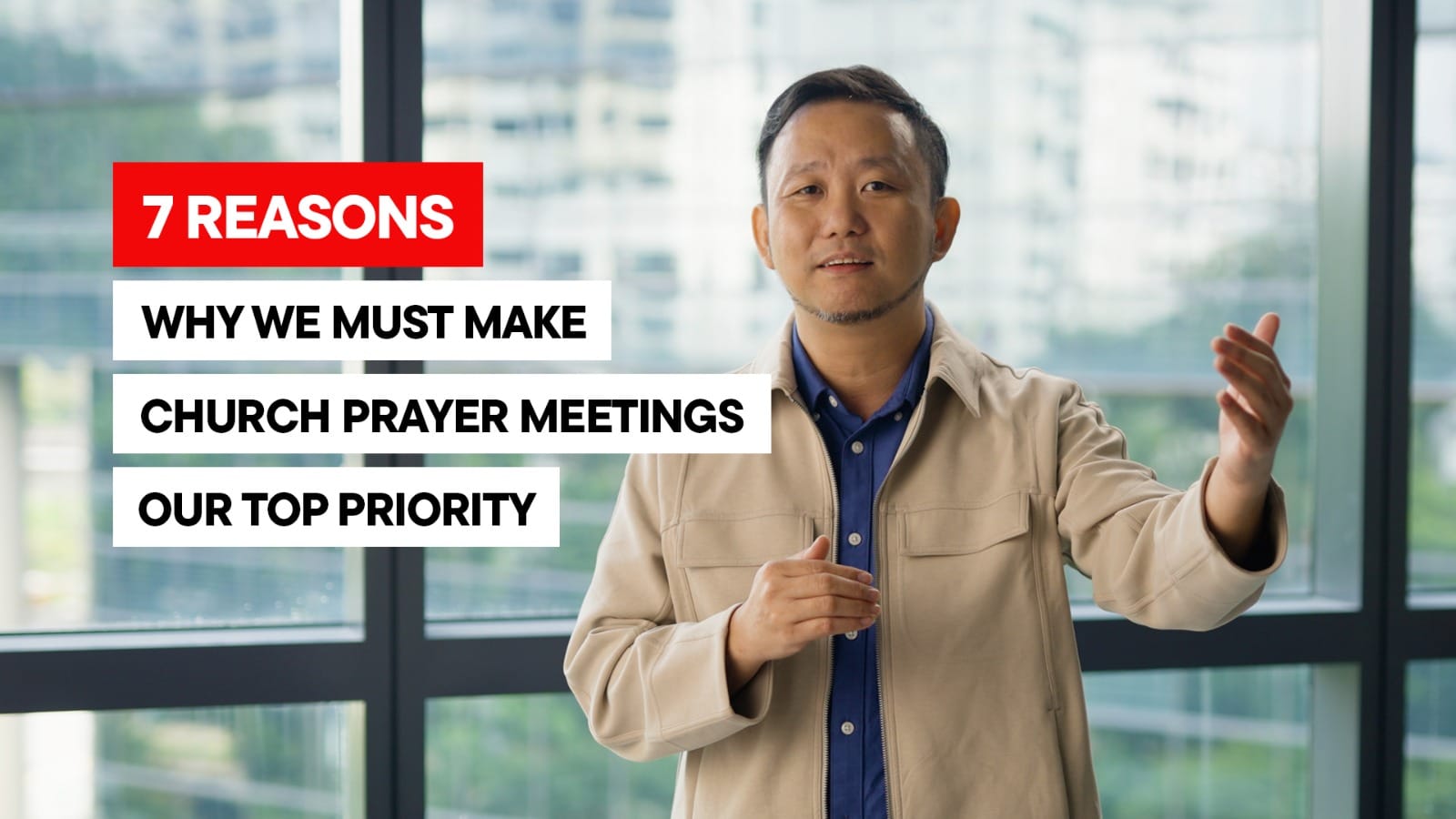
Photo by Steve Halama on Unsplash
In my devotional, Silence, Solitude and Stillness, I spoke of a delightful and fruitful way of hiding God’s Word in our hearts known as lectio divina or spiritual reading. This is a prayerful way of listening to the living Word behind the written Word. It involves four simple actions that even a child can practise: Read. Reflect. Respond. Rest.
If you have time after 20 or 30 minutes of lectio divina, you can seamlessly flow into a form of contemplative prayer. This involves three of the most helpful spiritual disciplines I have ever practised: solitude, silence and stillness.
Solitude is an interior posture of longing for God. Stillness is an interior posture of waiting for God. And silence is an interior posture of listening for God. You can use this simple prayer to transition from lectio divina to contemplative prayer:
Yahweh, I open to you.
In solitude, longing for you.
In stillness, waiting for you.
In silence, listening for you, Yahweh.
Solitude is spending time alone with God, not with yourself.
Solitude, stillness and silence
A spiritual descendant of Saint Patrick, Aidan was a Celtic missionary to England in the seventh century. He established himself on the tiny island of Lindisfarne off the northeast coast of England. From there he launched a vast church planting movement among the unreached Angles of Northumbria.
It’s not hard to see why Aidan chose Lindisfarne as his base. It’s only five kilometres long and three kilometres wide. And it’s only an island twice a day, when powerful winds create high tides that cut it off from the mainland.
This rhythm of nature provided Aidan with ideal conditions for solitude and prayer, as well as access to his mission field. During high tide, Aidan would retreat to his prayer island to be alone with God. Then at low tide, when the sea parted and the natural land bridge surfaced again, he returned to his labours on the mainland.
Solitude is an interior posture of longing for God. Stillness is an interior posture of waiting for God. And silence is an interior posture of listening for God.
Aidan lived like Jesus. He travelled on foot so that he could be close to the people. He cared nothing for wealth and possessions. He received gifts from kings and other wealthy people and gave them to the poor. He reached out to the lost as Christ did and taught. He spoke to everyone he met, strengthening believers and urging pre-believers to be baptised. He died on 31 August 651, having laid the foundations for the Church of England.
The discipline of stillness can help you develop an awareness of God’s presence and action in your life.
Psalm 46:10 says: “Be still and know that I am God!”
Until you are still, you may never know. It begins with external stillness, but it goes much deeper than that.
The Hebrew word for “be still” means to sink down or relax. As we sink down deep into God and the Gospel, our hearts become rich soil for the word of the kingdom. Matthew 13:18
The Spirit of Truth shows, speaks, declares, teaches, testifies, guides and reminds us of Jesus, as he promised. John 14:17, John 26; John 15:26; John 16:13-15
It’s almost as good as walking with Jesus through his career as his first disciples did. The inspired record of his life and teachings comes alive in our hearts, creating an internal desire to obey him in true love and affection.
Dwell in the Word
Paul wrote, “Let the word of Christ dwell in you richly, teaching and admonishing one another in all wisdom, singing psalms and hymns and spiritual songs, with thankfulness in your hearts to God”. Colossians 3:16
Years ago on a mission trip, I observed how my friend Steven Nicaud was almost always teaching others in simple, spontaneous conversation. He wasn’t the team leader. But other team members, including myself, gravitated toward him. The reality of God and the Gospel flowed out from him like a spring.
The discipline of stillness can help you develop an awareness of God’s presence and action in your life.
This provoked me to evaluate myself as a teacher. After more than 20 years in formal theological education, it seems I had begun to limit my teaching ministry to the classroom.
We can master the professional skill sets of ministry: Theological research, lecturing, exegesis, sermon-craft, counselling and so on. These all have their place. But nothing compares to a radiant disciple who teaches from a glowing heart that is rich and overflowing with the living Word of Christ. Colossians 3:16
Such disciples teach with their lives and often with their words. The world is their classroom.
In solitude, we long for God.
In stillness, we wait for God.
And in silence, we listen for God.
You may never hear the audible voice of God. I never have. But I hear God. He speaks to me in his first language, Silence. This language can only be heard in silence. If you sit with God long enough, in deep solitude, deep stillness and deep silence, he will find you.
Martha or Mary?
In getting to know God through spiritual disciplines, I have begun to catch glimpses of my true life that is hidden with Christ in God.
Outside of God, you will never know your true self. Salvation is a journey of becoming the real you.
It’s a process of shedding your skin again and again, losing your old life and growing up into your new and true life in Christ. Matthew 10:39
Spiritual disciplines have helped me immensely on this journey. If I neglect them too long, I soon find myself living and serving from my old, false and fallen self. I fall back on human resources and designs. You can almost smell it. I become troubled and bothered by many things and distracted by many tasks, just like Martha.
Mary, on the other hand, “sat at the Lord’s feet and listened to his teaching.” Luke 10:38-42
She chose the better part. Will you?
This two-part devotional was first published in Back to Jesus (Armour Publishing) which is an updated and revised edition of Jesus Mentor Me, published in 2009 by Destiny Image Europe. Read the first part here.
Reflection and Discussion
1. What are spiritual disciplines? What can we hope to gain by practising them? Consider John 15:4, 8:31-32 and 2 Timothy 2:4-5.
2. What parallels do you see between physical exercise and spiritual disciplines? Read Psalm 16:8-9
3. How do we reconcile the two seemingly conflicting ideas that salvation is free but discipleship is costly? Is discipleship an essential part of our salvation? Consider 1 Timothy 4:7, Luke 14:26-27, Luke 14:33 and Romans 12:1-2.
We are an independent, non-profit organisation that relies on the generosity of our readers, such as yourself, to continue serving the kingdom. Every dollar donated goes directly back into our editorial coverage.
Would you consider partnering with us in our kingdom work by supporting us financially, either as a one-off donation, or a recurring pledge?
Support Salt&Light



